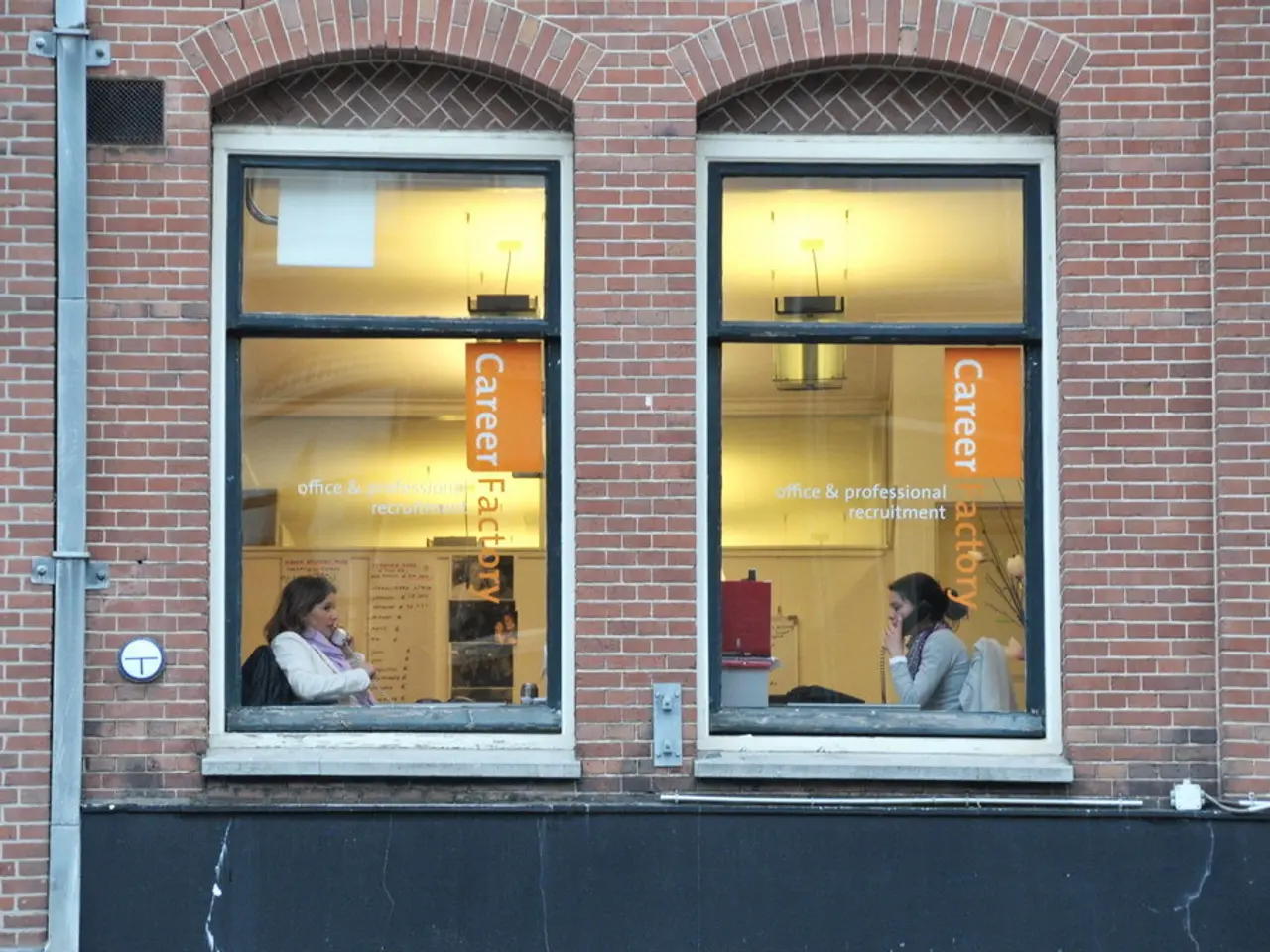Groundbreaking achievement in genetic engineering: FDA endorses CASGEVY, the initial CRISPR-based treatment therapy
The U.S. Food and Drug Administration (FDA) and the U.K.'s Medicines and Healthcare products Regulatory Agency (MHRA) have granted approval to Casgevy, a groundbreaking CRISPR-based gene therapy, for the treatment of sickle cell disease (SCD) and beta-thalassemia. This marks the first time a CRISPR-based medicine has been approved worldwide.
The decision was based on impressive clinical trial results, which demonstrated Casgevy's efficacy and safety. In the ongoing clinical trial for transfusion-dependent beta-thalassemia, 39 out of 42 eligible patients (93%) did not need a red blood cell transfusion for at least 12 months after receiving Casgevy. Similarly, in the trial for SCD, 28 out of 29 eligible patients (97%) were free of severe pain crises for at least 12 months after the treatment.
Casgevy works by turning on a gene called fetal hemoglobin, which can relieve symptoms by boosting the oxygen supply to tissues. This therapy offers a significant reduction in the burden of chronic treatments like frequent blood transfusions for patients.
Ludovic Fenaux, head of International at Vertex, the company behind Casgevy, stated that the therapy gives hope for a life free from debilitating pain or monthly blood transfusions for eligible patients. The treatment is a one-time, essentially curative therapy, making it a transformative step in genetic medicine.
However, questions remain about whether the U.K.'s National Health Service (NHS) and U.S. insurance companies will pay for Casgevy, which is priced at $2.2 million per patient. Vertex has submitted a biologics license application (BLA) to the FDA for the potential use of Casgevy for patients 12 years and older with transfusion-dependent beta-thalassemia, with a PDUFA target action date of March 30, 2024.
The MHRA approval applies to patients 12 years of age and older with SCD with recurrent vaso-occlusive crises or transfusion-dependent beta-thalassemia who cannot be matched with a stem cell donor. There are an estimated 2,000 patients eligible for Casgevy in the U.K., according to Vertex's press release.
The FDA's approval of Casgevy for the treatment of SCD follows a similar decision by the MHRA. This approval opens the door for other CRISPR-based therapies to be approved in the near future, potentially revolutionising the treatment of these serious genetic blood disorders.
[1] Vertex Press Release, "Vertex Submits Biologics License Application (BLA) to the U.S. FDA for CTX001 for the Potential Treatment of Transfusion-Dependent β-Thalassemia in Patients 12 Years of Age and Older", November 14, 2023. [3] Vertex Press Release, "Vertex Announces FDA Approval of CTX001 (Casgevy) for the Treatment of Sickle Cell Disease", December 8, 2023.
The approval of Casgevy, a revolutionary CRISPR-based gene therapy for treating sickle cell disease (SCD) and beta-thalassemia, signals a milestone in the field of biotech and pharmaceuticals. This achievement is a testament to the advancements in science and medical-conditions, providing hope for those suffering from these serious genetic blood disorders. The treatment's impressive efficacy and safety, demonstrated in clinical trials, offer a significant reduction in chronic treatments like frequent blood transfusions, making it a promising intervention in the health-and-wellness sector. However, discussions regarding the cost and insurance coverage continue, as the therapy is priced at $2.2 million per patient.




